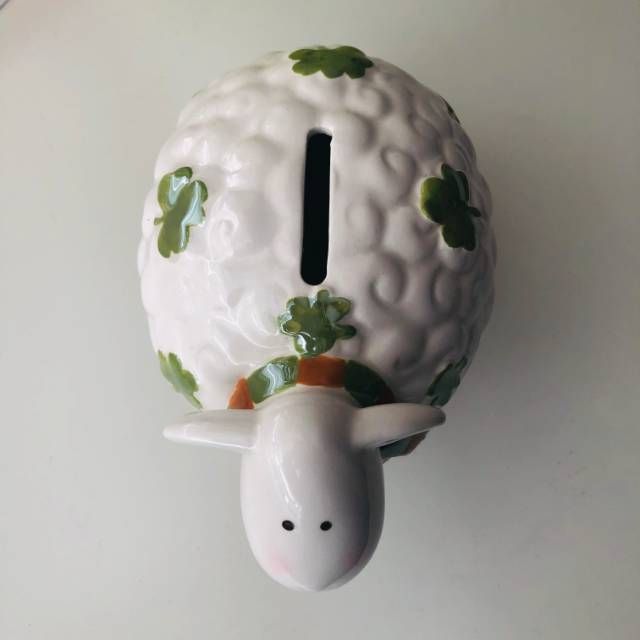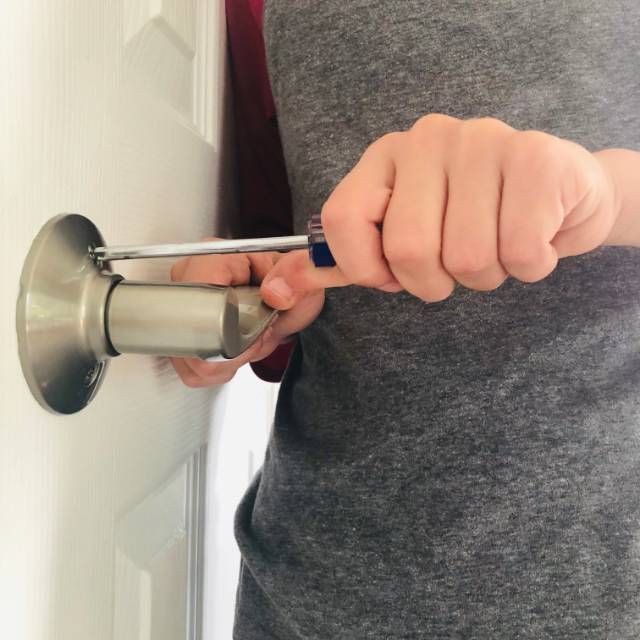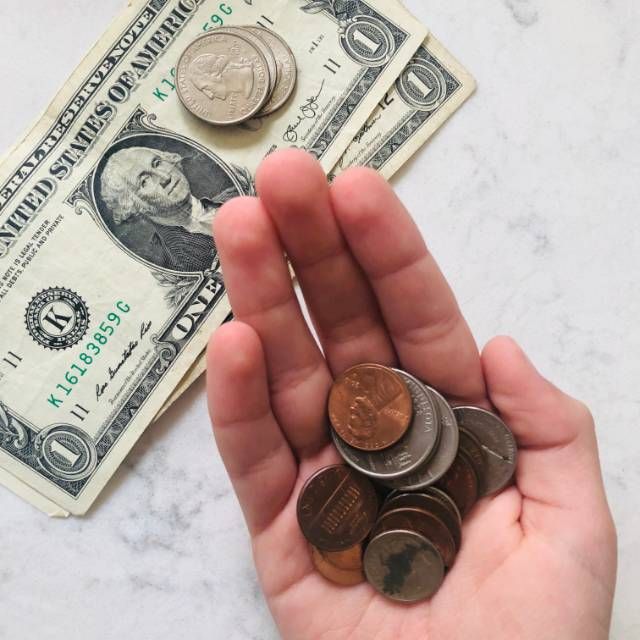
40 Life Skills for Kids (And How To Teach Them)
Parents, let's build a list of important life skills for kids that will help set them up for success in life. Learning and practicing basic life skills will help kids complete everyday chores and tasks safely and easily, take good care of their mental and physical health, treat others with respect, and navigate challenges they will meet in the real world.
Whether you are raising preschoolers, elementary students, tweens or teens, we hope you'll chime in to share what you think are the essential life skills to teach kids. Because there's no question that some of the most important learning happens outside of the classroom!
We want to make this more than just a list of basic life skills for kids…help us brainstorm ideas for the execution, too. Along with each life skill, we are collecting your practical tips and ideas for how to actually teach them to children. Speak up as you browse through the list to share your own ideas for encouraging and building these skills at home, from fun and engaging toddler activities to conversations to make sure we have with our teens before they leave the nest.
We're not going to list these life skills by age, because there's almost always a way to tailor each one to any stage. And it's never too late to get started, so you haven't missed the boat if your teen doesn't yet know how to do their own laundry.
Swimming and Water Safety
Whether you choose to invest in swimming lessons or teach your child yourself, learning how to swim and how to act safely around water is an important life skill for kids that can start at quite an early age.
 Upparent
Upparent
Budget and Save Money
Kids are never too young to learn to be responsible with money, whether it's money from the tooth fairy, a regular allowance or just occasional birthday and holiday cash. Many parents like to set their kids up with different jars for "spend," "save," and "donate" money to help them easily visualize and make decisions about how their money is budgeted.
Have a Conversation
It takes practice to learn how to hold a conversation with another person and to master the life skills of listening, asking questions, and giving thoughtful answers. Try having your kid practice by calling their grandparents, aunts or uncles, who will likely be thrilled to have the chance to chat with your child! You can also use fun conversation starters to help get the discussion flowing.
 Upparent
Upparent
Use Basic Tools
Let your kids help out as you work on small tasks around the house so they can get comfortable recognizing and using basic tools. They could help use a hammer to hang up a frame, use a screwdriver to tighten screws, or use a wrench to help assemble furniture.
 Upparent
Upparent
Home Safety and Security
Shila said: From locking the doors to ensuring that the gas stove dials are completely turned off, acquiring the know-hows behind home safety and security are necessary to observe. Sticking to these precautionary "night check" routines can prove to be life-saving skills later in life, especially when teens are off on their own in college and beyond.
Memorize Personal Information
In this age of digital information available at our fingertips, it's still important to have certain things committed to memory. Younger kids are ready to learn their birthdate, phone number, address, parents' full names, and important medical needs or allergies.
Follow a Recipe
When helping in the kitchen, teach kids to read through the entire recipe before getting started to make sure everything is clear. Walk them through gathering the ingredients and tools, understanding abbreviations for ingredient measurements, and how to properly measure liquids and dry ingredients. You can use easy recipes to allow your child to take the lead, or have them help you with more complex dishes.
Set a Table
Kids who understand how to properly set a table will be able to help at dinnertime each evening, but will also never hesitate to pick up the right fork or the right glass when eating elsewhere.
 Upparent
Upparent
Count Money and Make Change
Get your kids comfortable with counting money and calculating change (both bills and coins) well before it's time for their first summer job!
Be a Good Loser
Time Management
Good time management is a skill that takes time to master, but laying the groundwork early will pay off. School-age kids can learn to use an alarm clock to wake themselves in the morning and get ready for the day. Kids managing school assignments and extracurriculars can get comfortable using a planner or calendar to keep track of their responsibilities. Even keeping a shared family calendar in the kitchen can help everyone plan ahead.
Do Laundry
Once kids know how to independently sort their clothes, treat stains, operate the washer and dryer, and measure detergent, this is a great chore for them to handle moving forward. Remember that they can also take care of folding and putting everything away!
 Upparent
Upparent
Learn to Type
It takes a lot of practice for typing to become second nature, but it is a skill that your kids will likely use every day once they reach a certain age. You can find fun typing games for kids online that will help them learn and practice. The effort is well worth the time they will save composing e-mails, papers, and more.
 Upparent
Upparent
Write a Thank You Note
Let's do our part to make sure the thank you note doesn't become a lost art form! We can teach our kids to recognize the occasions that call for more than just a verbal "thank you," and how to write a simple but heartfelt note of gratitude.
Learn Basic Manners
Kristy Pepping said: I think kids are constantly communicating via text or online these days. While advancements in technology are great, it takes away the human connection. And with this human component missing, kids seem to have lost manners in the process. So teaching kids basic manners like saying please and thank you is vital whether it's a friend, relative or acquaintance.
Primary photo: Upparent
Upparent collects community-submitted recommendations and reviews, and any ideas that are shared reflect the opinions of individual contributors.



